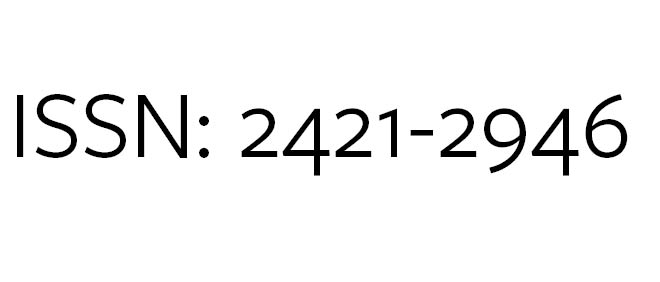Two pedagogies for explicit moral education. Freire and Don Milani
Andrea Lupi
The educational experience of Don Milani and Paulo Freire is essentially marked by an explicit admission of its moral purpose, and we find it loaded with protest against society and the prevailing scholastic models, which is the sign of their respective critical pedagogies. Furthermore, the model with which they seek to perfectly combine intellectual and moral formation derives from similar epistemological and didactic premises; the learner, especially in the linguistic field, is engaged above all in an action of decoding and encoding social meanings and forms of power that language conveys and reveals, and not in an action where only technical issues are involved. The didactic techniques therefore tend to be an expression of explicit, political, social and moral formation. Don Milani and Freire are a typical case of an educational programme which, while accentuating the aspect of the moral formation of the individual along with strong didactic means integrated with its own philosophy, fails however to deliver its reflection to the generalized public school system, instead bound to minoritarian excellence training systems, which, although based on actual replicable methodologies, remain marginal and not very popular with teachers.
Keywords
Moral Education, Freire, Don Milani, Linguistic Instructional Design, Learning reading and writing.



